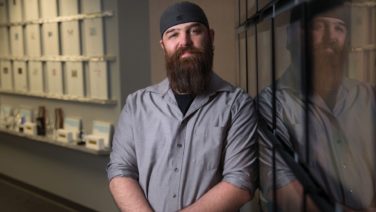Medical Devices—A Hot Topic in Congress
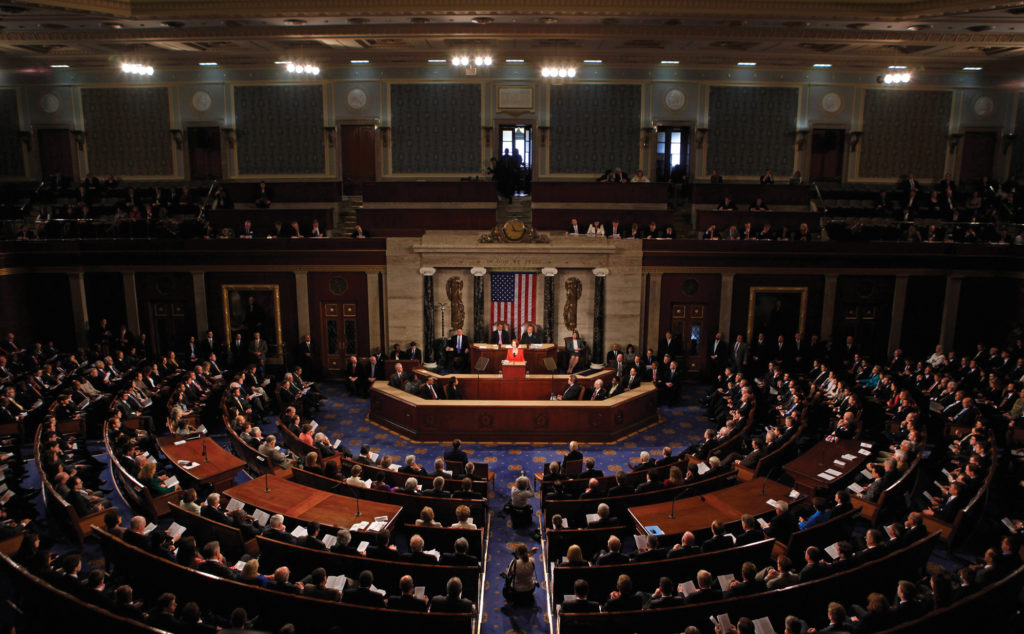 The Center for Medicare and Medicaid has suddenly withdrawn a rule it proposed nine months ago intended to accelerate access to medical devices. While not much is known about the specifics of the Expedited Coverage of Innovative Technology (ExCITe) pathway, it would have sped up the approval process, an idea outlined in the PACER proposal put forward by the industry. This proposal called on the CMS to cover certain innovative, newly approved medical devices, while the manufacturers generated additional data to demonstrate their value, addressing a long-standing complaint about the tedious process of bringing products to market.
The Center for Medicare and Medicaid has suddenly withdrawn a rule it proposed nine months ago intended to accelerate access to medical devices. While not much is known about the specifics of the Expedited Coverage of Innovative Technology (ExCITe) pathway, it would have sped up the approval process, an idea outlined in the PACER proposal put forward by the industry. This proposal called on the CMS to cover certain innovative, newly approved medical devices, while the manufacturers generated additional data to demonstrate their value, addressing a long-standing complaint about the tedious process of bringing products to market.
At the same time, Congress has decided to once again delay the medical device tax within the stopgap funding bill that ended the three-day government shutdown. While Republicans are hoping to permanently overturn the Obama-era 2.3% medical device levy, they have so far only succeeded in pushing back the start date to 2020. The loss of the tax bill is estimated to cost the government $3 billion that would fund health insurance subsidies related to the Affordable Care Act.
GSK Goes Through Executive Overhaul
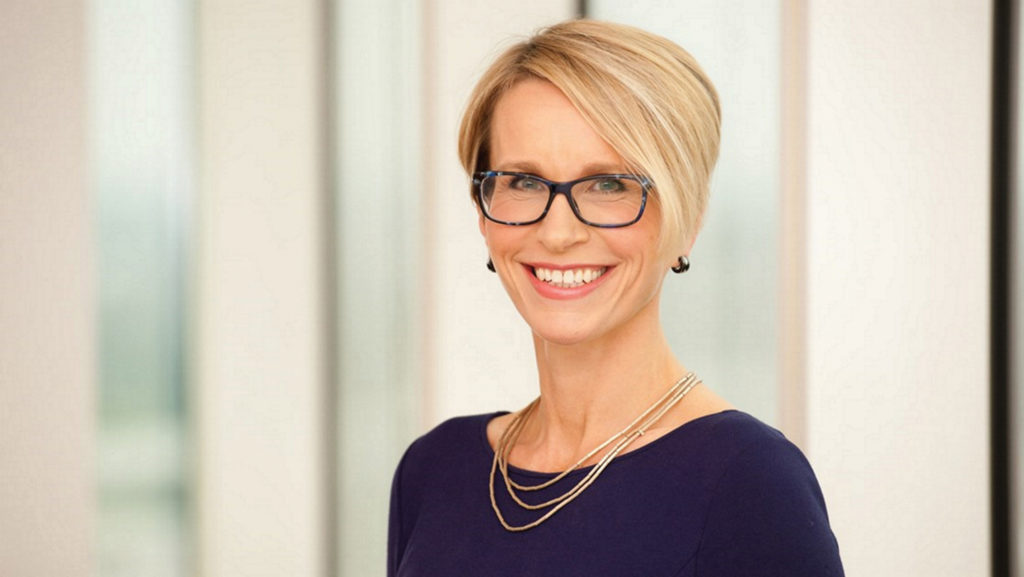
In the most recent of a string of headline news, GSK CEO Emma Walmsley has replaced 40% of the top management team, including 50 managers hired from inside and outside the company. “Beyond the operational execution short-term, it’s going to be all about R&D and preparing for the next wave of growth for GSK in the 2020s and beyond,” Walmsley said in a CNBC interview.
Executives from globally renowned companies such as Google, Novartis, and Teva will head to GSK as 80% of its research dollars are reallocated toward developing respiratory, infectious disease, cancer, and inflammatory disease therapies.
Amazon, Berkshire Hathaway, and JPMorgan Chase Team Up To Change Healthcare
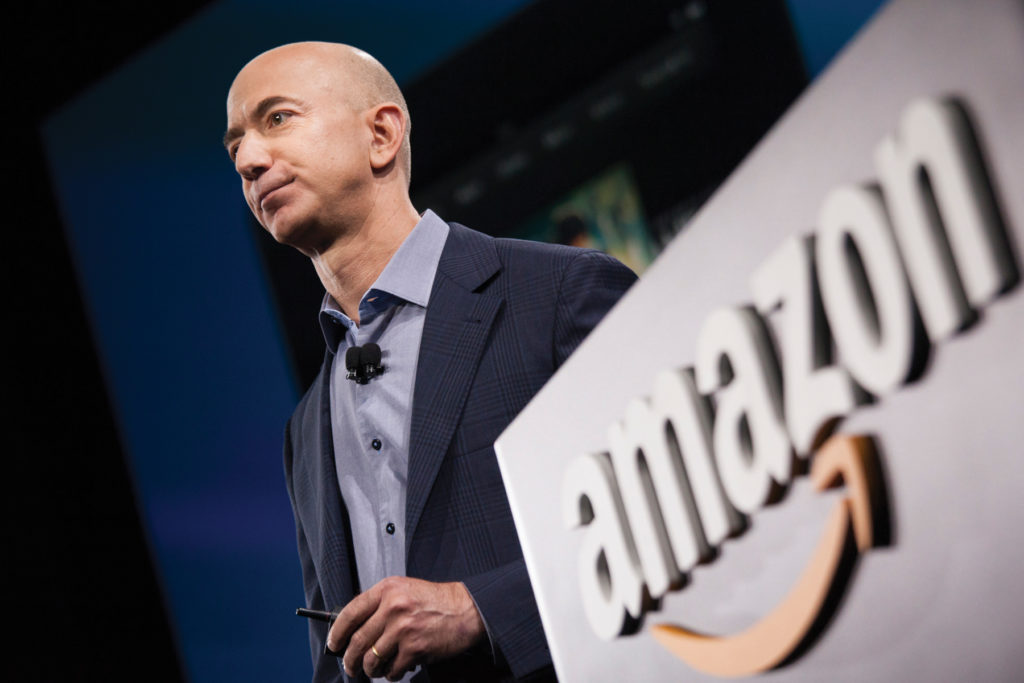
More and more companies outside the insurance sector are making it their mission to take on the complicated and controversial issue of healthcare in the U.S. Recently, three of the biggest companies in America announced that they will join forces to form an independent healthcare company to serve their employees. The largest online retailer in the world, the holding company led by Warren Buffet, and the largest bank in the U.S. all want to provide a long-term plan that would provide health necessities to employees and their families separate from the profit-making incentives driving private insurance companies as well as drug and medical device developers.
“The healthcare system is complex, and we enter into this challenge open-eyed about the degree of difficulty,” Jeff Bezos, Amazon’s Founder and Chief Executive, said in a statement. “Hard as it might be, reducing healthcare’s burden on the economy while improving outcomes for employees and their families would be worth the effort. Success is going to require talented experts, a beginner’s mind, and a long-term orientation.”
The American working class and those who negotiate healthcare costs, however, believe that these economic giants have the power to take on the issue of pricing. “The ballooning costs of healthcare act as a hungry tapeworm on the American economy,” Buffett said in the statement. “Our group does not come to this problem with answers. But we also do not accept it as inevitable. Rather, we share the belief that putting our collective resources behind the country’s best talent can, in time, check the rise in health costs while concurrently enhancing patient satisfaction and outcomes.”
Blockchain and Pharma: Solving Supply Chain Troubles To Prevent Drug Counterfeiting
 Everyone is talking about blockchain, the digital ledger technology making waves in electronic-based industries around the globe. Now pharma companies are taking a look at the hot new software to correct the long-time issue of stolen or counterfeit pills entering the supply chain and trickling down to patients.
Everyone is talking about blockchain, the digital ledger technology making waves in electronic-based industries around the globe. Now pharma companies are taking a look at the hot new software to correct the long-time issue of stolen or counterfeit pills entering the supply chain and trickling down to patients.
The blockchain system essentially records and logs transactions and groups them into blocks. But what’s so attractive about the technology is that its database is distributed across a network of computers rather than a central database that can be targeted by hackers, all while being completely resistant to change which makes it a highly reliable record of transactions available to the public.
Fake Drug Sales Exceed $75B
Blockchain could provide the much-needed security and traceability needed in drug supply chains. Since the drug distribution chain has become global and complex, pharma manufacturers and stakeholders have found it difficult to track the authenticity of products through its many transfers of ownership.
In fact, the World Health Organization pegged global fake drug sales at $75bn in 2010, a 90% increase over five years. With barcode-tagged drugs tracked by tamper-proof digital blocks whenever they are transferred, any authorized party could view a real-time record of the supply chain.
“Using blockchain, we can identify and track drugs by serial number, batch, and expiration date,” says Jeff Denton, Senior Director, IT Global Secure Supply Chain at AmerisourceBergen. “We can verify drug authentication, seeing exactly where and when items were shipped and packed.”
Genentech and Pfizer are part of a group that has recently unveiled the in-progress MediLedger Project, which has already completed successful pilot runs to track medicines using blockchain. We can expect to see many more prototypes like this released this year.
While blockchain has received a bad rep due to its association with untrusted cryptocurrencies, it can have real benefits not only for saving the pharma industry and global governments billions in counterfeit medicines, but also for saving lives affected by increasing sales of inauthentic drugs.
Is Recording a Phone Call Illegal?
An abundance of federal and state laws surround recorded conversations, often making it difficult to be sure if you are within your rights to record a phone call or a live interaction. The important thing to remember is that while there may be some instances in which you cannot record a private conversation, you almost always have a right to record police officers and public officials.
State laws differ as to whether conversations can be recorded without full consent. Most states only require that one party involved in the interaction consent to recording—and that party can be yourself. However, 11 states (California, Florida, Illinois, Maryland, Massachusetts, Michigan, Montana, Nevada, New Hampshire, Pennsylvania, and Washington) require the consent of all parties involved before a conversation can be recorded. Not adhering to this law in these states could result in criminal charges. Unfortunately, the lines grow even hazier when a phone conversation is recorded between different states. This is where federal law comes in. While federal law permits recording telephone calls and in-person conversations with the consent of at least one of the parties, some case-specific circumstances may not make the recording entirely legal.
Linking Diabetes Care To Multi-Ethnic Populations
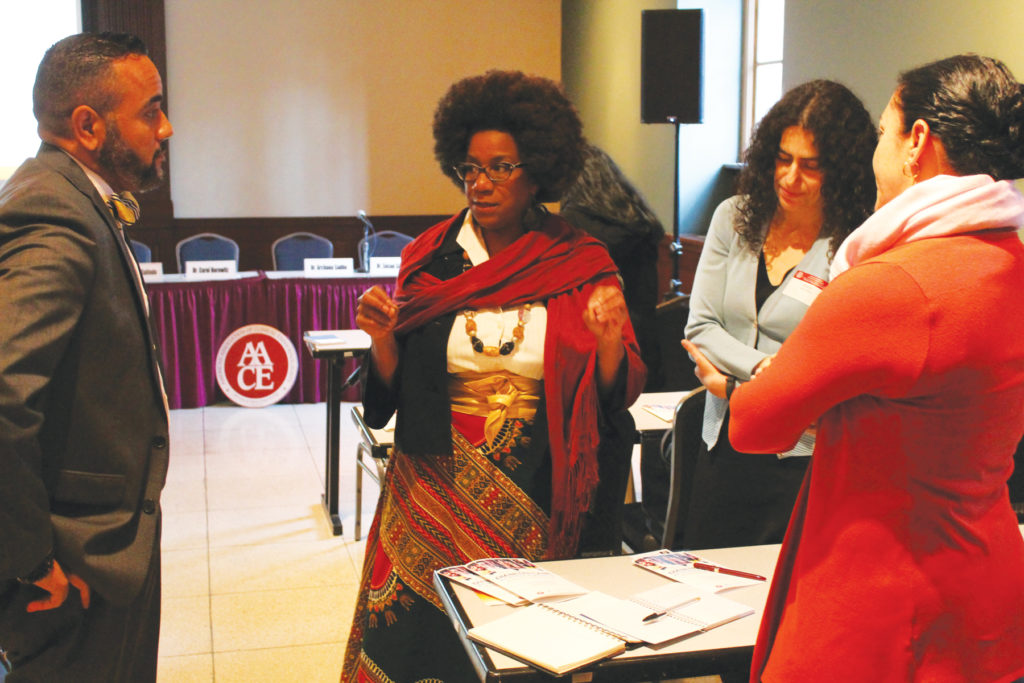
Cultural distinction is an important and overlooked factor in developing treatment plans for patients with diabetes. The American Association of Clinical Endocrinologists held the “Diabetes Care Across America—A Series of Transcultural Summits,” sponsored by Sanofi to address diversity in healthcare delivery, including religious beliefs and cultural norms, when caring for patients with diabetes.
About the three symposiums, Jeffrey I. Mechanick, MD, FACP, FACN, FACE, ECNU, a Past President of the AACE and Chair of AACE’s Center for Transcultural Endocrinology, said in a statement, “The summits proved to be invaluable to healthcare professionals who provide diabetes care to diverse, multi-ethnic populations within their communities. It is vitally important for the successful competence of any medical treatment plan to take into account, the social and cultural norms of these multi-ethnic populations in order to provide individualized care particularly to people with diabetes.”
Syenos Could Be the Whole Biopharma Solutions Package
An end-to-end biopharmaceutical solutions organization was recently created by the merger of INC Research, a Contract Research Organization (CRO) giant and inVentiv Health, A Syneos Health division and the leading Contract Commercial Organization (CCO) in healthcare. The singular brand is better equipped to face the changing realities of the modern biopharmaceutical market by synchronizing clinical and commercial capabilities to accelerate customer performance.
“Syneos Health fully expresses our value proposition—that is, our ability to deliver integrated end-to-end solutions,” Alistair Macdonald, Chief Executive Officer of Syneos Health, said in a statement.
Syneos is wasting no time in implementing their new business model, under which they will approach problem-solving by integrating multidisciplinary services provided by clinical and communications experts. The company merged its two advertising agencies, PALIO and GSW, which now operate as a full advertising and marketing brand under the GSW name. “Unprecedented changes in the healthcare market require constant evolution to continuously bring customers unparalleled strategic and creative solutions,” said Sonja Foster-Storch, who will remain as the GSW North American President.
The two organizations have led 75 global brand launches and boast a client list full of large biopharma and tech organizations, while keeping in line with the Syneos mission of offering only the top-notch strategic, creative, and digital solutions to the biopharma industry.









